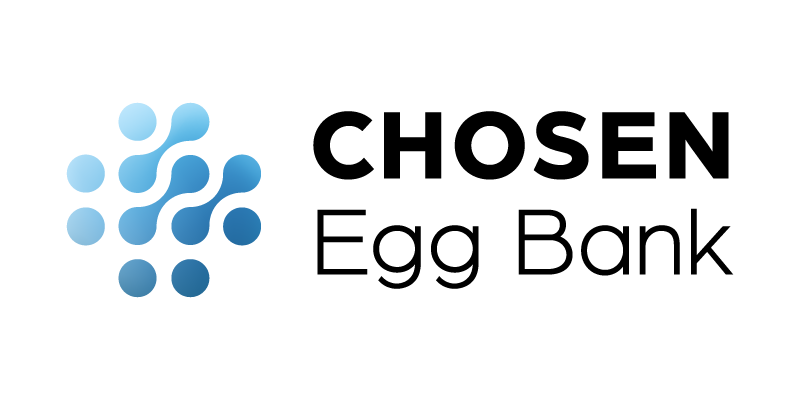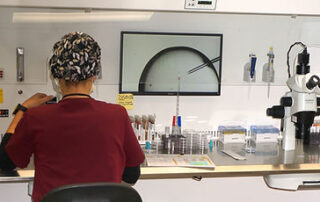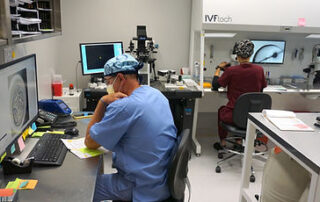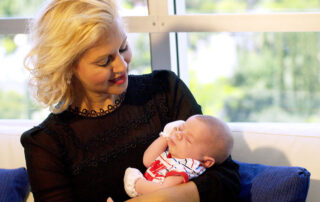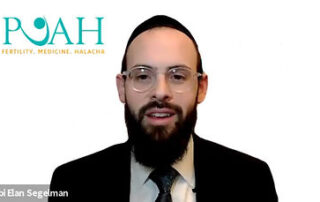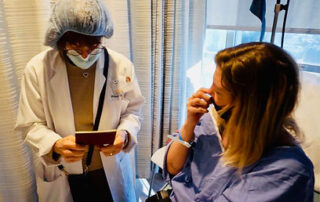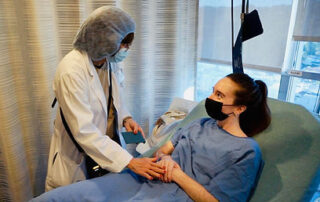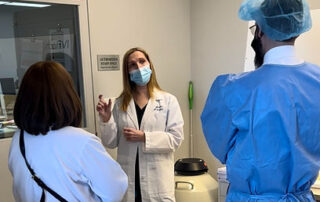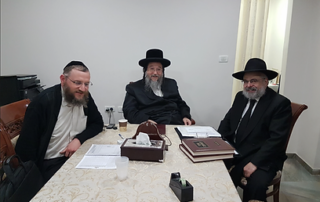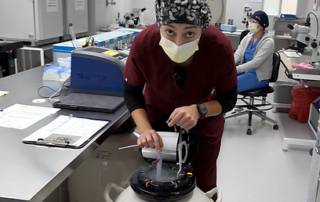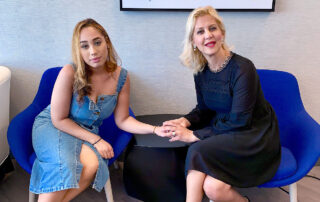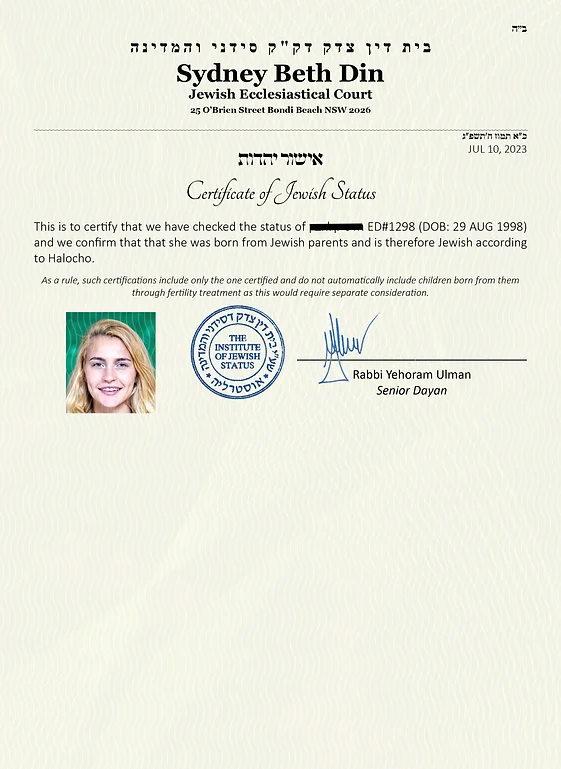The kosher process for Jewish egg donation
As the largest egg bank in the world for Jewish egg donors, we are proud to offer a fully kosher process for our donors. Our Jewish donors are all tested by a rabbinical court (Beit Din) to ensure they are Jewish and single.
Each donor will undergo a Judaism test by a rabbinical court in California, New York, or Sydney, Australia. After the rabbi approves the donor as Jewish and halachic single, we will receive a Certificate of Judaism. For this donor, on the day of the retrieval, the PUAH Fertility Institute will be in the operating room and will oversee the process. At the moment of freezing the eggs, they will be packed in a special basket and can only be opened by authorized supervisors from the PUAH Institute.
Once you have decided which egg donation program is the right fit for you, we will confirm your donor and medical team. We will then coordinate sending the eggs and PUAH to your clinic. If fertilization occurs in one of our laboratories, rest assured that the supervision team will be present during the process.
If you want to use Jewish eggs, we give you the peace of mind that the donors are indeed Jewish, single, and have been certified and supervised by a religious organization.
Jewish egg donation:
from a halachic perspective.
